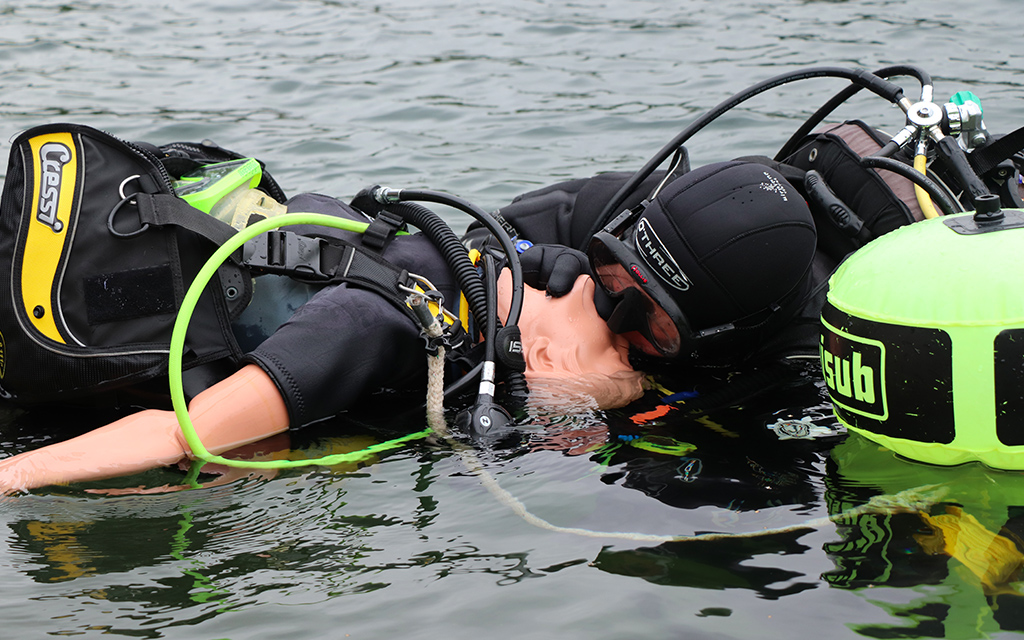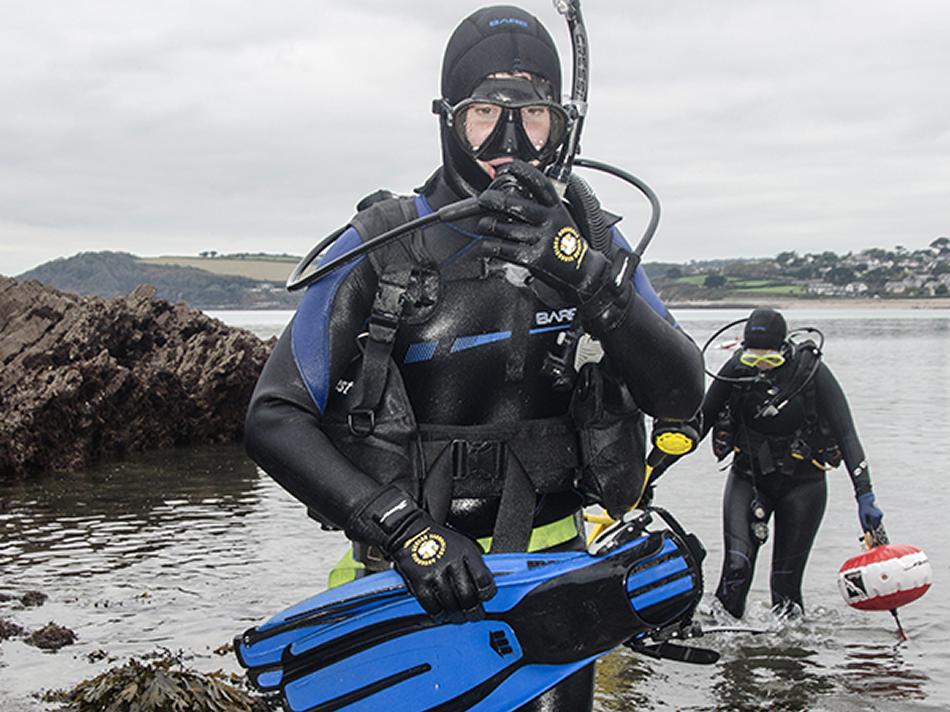
Last month, the 2019 Annual Diving Incident Report was released and is available for download online at bsac.com/incidentreport.
BSAC Incident Advisor, Prof. Clare Peddie, also hosted a webinar – Incident report 2019 and lessons to be learned – reflecting and consolidating the data from the report. This presentation followed a similar format to that of the incident report presentation held at the BSAC Diving Conference, covering key information derived from the analysis of the incident database for 2019, as well as long-term trends, in order to continually improve the safety of diving. A recording of this presentation is also available to view on the incident report webpage.
New baseline
The impact of Covid-19 during 2020 will place a very different complexion on, not just the 2020 Annual Diving Incident Report this time next year, but is also likely to have a continuing impact for some time, although no one can predict what that might be at this stage. The incident advisors are already considering how we can use what is likely to be limited data from the 2020 reporting year to provide a baseline to help understand any changes we may see over the coming period once our sport re-emerges from the impact of dealing with the Covid-19 outbreak.
Trend analysis
The previously published incident reports also provide valuable insight into some likely and predictable consequences of the enforced limits on activity caused by the pandemic. The 2019 report records a re-emergence of the historically typical early season spike in incidents around the Easter period. That trend had not been evident in the preceding five years of reports and the spike had moved to later in the season. It had been postulated that this was reflective of a new seasonal trend for diving but the 2019 report seems to indicate a greater link with more settled and benign early season weather facilitating a return to more normal seasonal activity.
In addition, the 2019 report analysis compares the type and seriousness or early season incidents (April/May) with similar numbers but less serious later in the peak season (July/August).
Reasons to be cautious
The trend for early season incidents is reflected, not just in diving incident reports, but also in other sporting and recreational activities. It is predictable that when we are able to return to more regular diving once the threat from Covid-19 is under control, there is likely to be a significant incidence of diving incidents. Given the longer than normal period of inactivity, more than ever it will be important to build up slowly and progressively to returning to diving safely.
2020 reporting year
2020 has been a significantly challenging year due to the impact of Covid-19, which has led to a substantial curtailment of diving activity. With less activity there is likely to be a consequent reduction in reported incidents. However, we continue to gather data to compile the next incident report.
As we approach the end of the reporting year, we would encourage anyone who has experienced any abnormal occurrence during diving activity please report it through the online incident form. As much can be learned from the successful resolution of incidents as from those with more serious implications. All reports are treated in strict confidence and no identifying details are published.
STAY SAFE
Jim Watson
BSAC Safety & Development Manager
BSAC has released guidance to help members and the wider diving community prepare for a safe return to the water. Check it out.

 Author: Jim Watson | Posted 30 Dec 2021
Author: Jim Watson | Posted 30 Dec 2021



